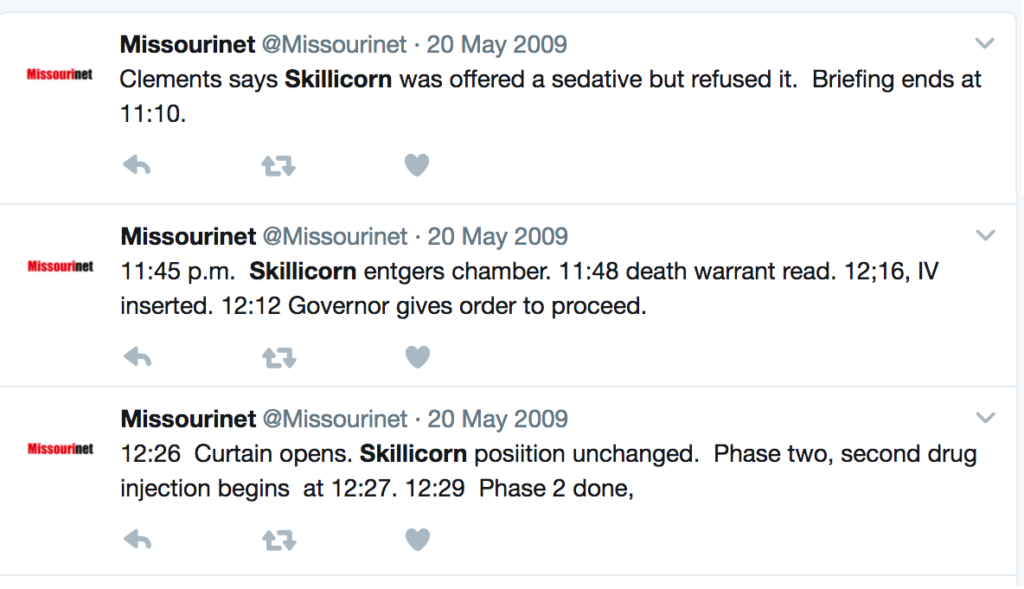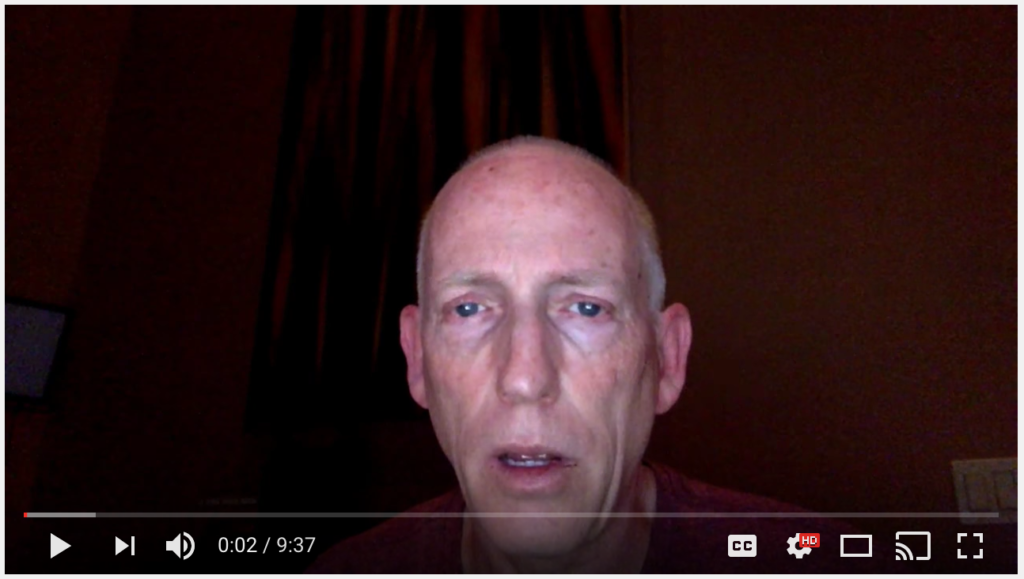If I had to pick a favorite quote from Matt Taibbi’s Rolling Stone piece on Facebook it would have to be: “When a tumor starts growing teeth and hair, you don’t comb the hair. You yank the thing.” If you love some Facebook or hate it… or don’t think about it at all, you’ll find this long article interesting. Here’s a few excerpts:
Facebook doesn’t push Nazism or communism or anarchism, but something far more dangerous: 2 billion individually crafted echo chambers, a kind of precision-targeted mass church of self, of impatience with others, of not giving a shit.
Whether Facebook is just a reflection of modern society or a key driver of it, the picture isn’t pretty. The company’s awesome data-mining tactics wedded to its relentless hyping of the culture of self has helped create a world where billions of people walk with bent heads, literally weighted down with their own bullshit, eyes glued to telescreen-style mobile devices that read us faster than we can read them.
An astonishing 45 percent of Americans get their news from this single source. Add Google, and above 70 percent of Americans get their news from a pair of outlets. The two firms also ate up about 89 percent of the digital-advertising growth last year, underscoring their monopolistic power in this industry.
(Former Facebooker Antonio Garcia Martinez) describes the company’s corporate atmosphere as an oddball religion where Zuckerberg is worshipped as an infallible deity – sort of like Scientology, but without Tom Cruise or space invaders.
But by the Eighties and Nineties, everyone in media was realizing that audiences cared more about seeing graphics, panda births and newscasters withstanding hurricane winds than they cared about news. The innovation of stations like Fox was to sell xenophobia and racism in addition to the sensationalist crap. But even Fox couldn’t compete with future titans like Facebook when it came to delivering news tailored strictly for the laziest, meanest, least intellectually tolerant version of you. Facebook knew more about you personally, what you might like and also what might tickle your hate center, than any TV, radio station or newspaper ever had.



 I’ve been hanging out in a new social media neighborhood for the last week or so. It’s called Mastodon and it’s sort of like Twitter that you made in your garage with a glue gun and some Gorilla tape.
I’ve been hanging out in a new social media neighborhood for the last week or so. It’s called Mastodon and it’s sort of like Twitter that you made in your garage with a glue gun and some Gorilla tape. 